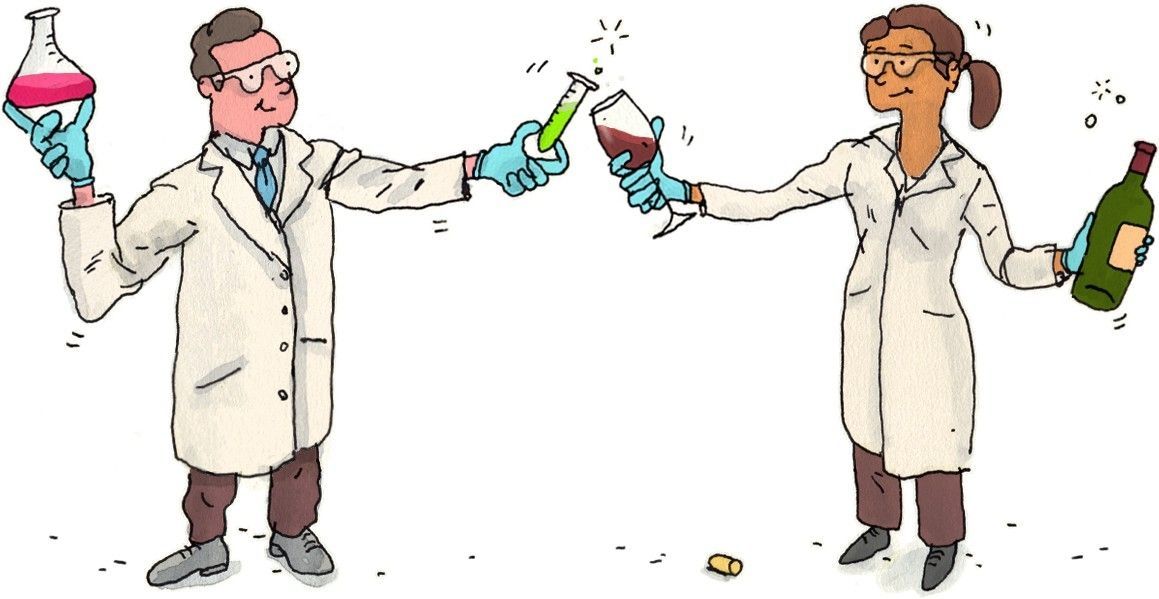Page 10355
May 12, 2017
Malware, described in leaked NSA documents, cripples computers worldwide
Posted by Sean Brazell in categories: biotech/medical, cybercrime/malcode, government, health, internet, privacy
Malicious software that blocks access to computers is spreading swiftly across the world, snarling critical systems in hospitals, telecommunications and corporate offices, apparently with the help of a software vulnerability originally discovered by the National Security Agency.
The reports of the malware spread began in Britain, where the National Health Service (NHS) reported serious problems throughout Friday. But government officials and cybersecurity experts later described a far more extensive problem growing across the Internet and unbounded by national borders. Europe and Latin America were especially hard hit.
“This is not targeted at the NHS,” British Prime Minister Theresa May told reporters. “It’s an international attack, and a number of countries and organizations have been affected.”
Continue reading “Malware, described in leaked NSA documents, cripples computers worldwide” »
May 12, 2017
The Anti-Aging Habits of Longevity Experts
Posted by Montie Adkins in category: life extension
My own diet is eggs and hashbrowns and Raisin Bran cereal along with water, Ensure, and one scoop of whey protein. Lunch is usually Subway(veggie patty), and dinner is a smoothie currently consisting of broccoli, avocado, peanut butter, banana, yogurt, spinach, and two scoops of whey protein with 18 oz of water. i also take one 500 mg tablet of quercetin each day.
Aubrey de Grey, Judith Campisi, J. Craig Venter and David Sinclair, who all work on anti-aging research, describe their own life-extension practices.
May 12, 2017
The London startup hoping to ‘make the Matrix’
Posted by Carse Peel in category: entertainment

The London startup hoping to ‘build the Matrix’: Improbable reveals record breaking funding to ‘simulate the real world…
A London firm is hoping to turn the world into a simulation, and make ‘The Matrix’ a reality.
Continue reading “The London startup hoping to ‘make the Matrix’” »
May 12, 2017
Can the human brain on LSD take on AI?
Posted by Carse Peel in categories: entertainment, robotics/AI
Amanda Feilding, a well-known researcher from the Beckley Foundation in Oxford, has long been an advocate for LSD microdosing.
Before it was made illegal in 1968, Ms Feilding would take LSD to boost her creativity, and even found that her performace in the ancient Chinese game of Go, improved.
Speaking to Motherboard, Ms Feilding said: ‘I found that if I was on LSD and my opponent wasn’t, I won more games.
May 12, 2017
2 Comments on “Neurala Announces Lifelong-DNN for Self-Driving Cars, Drones, Toys and Other Machines: Deep Learning That Can Learn on the Device Without Using the Cloud”
Posted by Carse Peel in categories: drones, robotics/AI
Neurala today announced a major advance in deep learning with software that can learn with or without the cloud and eliminates the risk of forgetting its previous knowledge…
Lifelong-DNN™ (Lifelong-Deep Neural Networks), Neurala’s Patent-Pending Software, Overcomes Catastrophic Forgetting—the #1 Problem Limiting the Growth of Deep Learning Neural Networks for Real-Time Use
SAN JOSE, CA —May 8, 2017— Neurala today announced a major advance in deep learning with software that can learn with or without the cloud and eliminates the risk of forgetting its previous knowledge. The new patent-pending approach means that for the first time a self-driving car can be personalized by each owner or dealer to a specific neighborhood; a parent can teach a toy to recognize a child, without infringing on privacy; and industrial machines can be updated in the field for specific tasks.
May 12, 2017
These Cells Are Engineered to Be Controlled by a Smartphone
Posted by Klaus Baldauf in categories: bioengineering, biotech/medical, genetics, terrorism
To Dr. Mark Gomelsky, a professor at the University of Wyoming, genetically engineered therapeutic cells are like troops on a mission.
The first act is training. Using genetic editing tools such as CRISPR, scientists can “train” a patient’s own cells to specifically recognize and attack a variety of enemies, including rogue tumor soldiers and HIV terrorists.
Then comes the incursion. Engineered cells are surgically implanted to the target site, where they’re left to immediately carry out the mission. The problem, says Gomelsky, is adding a command center “that could coordinate their activities in real time according to the developing situation,” such as telling cells when to activate and when to stop.
Continue reading “These Cells Are Engineered to Be Controlled by a Smartphone” »
May 12, 2017
The Buck Institute for Research on Aging
Posted by Steve Hill in categories: biotech/medical, chemistry, engineering, life extension, neuroscience
The Buck institute is in the spotlight today.
Located in Novato, California, not too far from Mount Burdell Preserve and Olompali State Historic Park, is one of the world’s leading research centres for ageing and age-related diseases—the Buck Institute for Research on Aging.
Opened in 1999 thanks to the substantial bequest of American philanthropist Beryl Hamilton Buck, the Buck Institute set to fulfill her wishes that her patrimony be spent to “extend help towards the problems of the aged, not only the indigent but those whose resources cannot begin to provide adequate care.” Over the years, the Institute has certainly honoured its commitment: The Buck can boast some of the most eminent experts on ageing among its research staff, and a number of laboratories that push forward our understanding of age-related pathologies every day—such as the Campisi Lab and the Kennedy Lab, just to name a few.
The Buck’s approach to investigating ageing is a multifaceted one. The institute rightfully acknowledges the necessity to bring together experts from disparate fields of science—from physics to engineering, from mathematics to anthropology—in order to properly understand the complex networks of biochemical processes underlying ageing and ultimately leading to pathology. Biochemistry, molecular endocrinology, proteomics, genomic stability, and cell biology are only some of the areas of investigation of the Buck, and the medical conditions researched by their teams range from Huntington’s disease to ischemia, to Parkinson’s, to cancer and Alzheimer’s. The three main questions the Buck set to answer are why do ageing tissues lose their regeneration capacity, why do stem cells fail to function with ageing, and how do tissues change during ageing so that they no longer support normal regenerative processes.
















